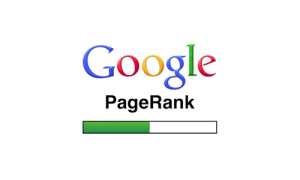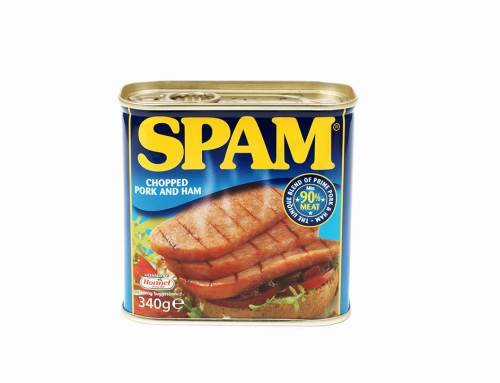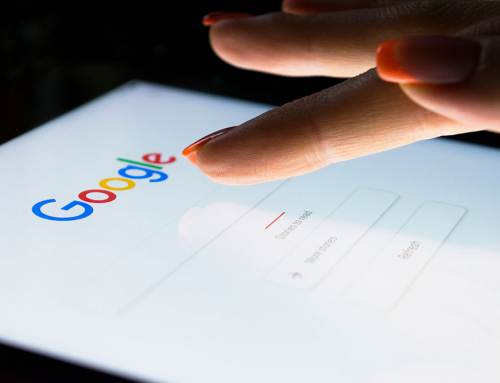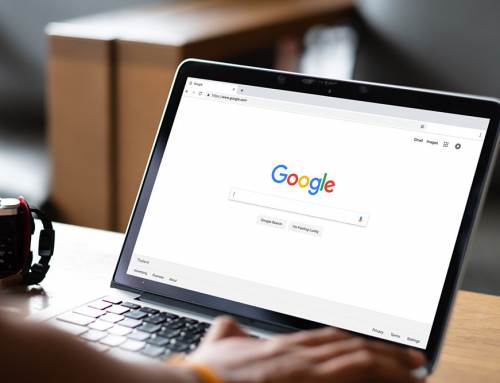 Many webmasters have been reporting a Google Page Rank drop in recent weeks which has had mixed results on the search positions of many millions of web sites.
Many webmasters have been reporting a Google Page Rank drop in recent weeks which has had mixed results on the search positions of many millions of web sites.
Whilst many industry insiders were bemoaning drops in search result positions, many websites seemed to come through Google’s latest changes relatively unscathed, save for a drop in the Google Page Rank. Whilst Google maintains that Page Rank and Search Results are not directly linked, they do have a relationship with one another amongst many other contributing factors determining the value of any given web site.
Google Page Rank is an ‘importance ranking’ on a scale of 1 through 10 of how valuable Google deems your website to be in respect of the whole Google Index. Search Position on the other hand, is where your website is positioned in the search results for a given keyword search.
For example, a Google search for ‘news’ yields 15.4 billion results, and BBC news has a search position of 2, in that it is the second site listed in the results for that search. The BBC news website has a Google Page Rank of 8/10 which means that its value to the whole of the web, (in terms of content, back links etc etc) in the eyes of Google, is considered to be very high. In fact, very few sites other than Google.com and Facebook.com have a PR of 10/10.
Although Twitter can boast meteoric fame, it has yet to hit the highest ranking with its 9/10 PR. One of the World’s leading Media agencies, Sky boats only a 7/10 PR and other global names such as Ebay have 8/10 PR and Amazon at 9/10 PR. By comparison, most large scale SME websites with 100 plus pages and 200 plus links will fall into the rankings somewhere between PR4-6.
The recent changes to Google Page Rank (PR) are nothing new. Over the years, Google’s methods of calculating a website’s importance and the benchmarks it uses have changed considerably, and no doubt over time, more changes will occur.
The reason that most of Google’s algorithm changes adversely affect most websites in terms of PR is largely down to the fact that the web itself is constantly changing. Whereas five or six years ago, when websites like Facebook were just starting out, it was unheard of for sites to have a million daily visitors, now Facebook and Twitter see tens and even hundreds of millions of visitors posting new entries/updates each day.
As the web has grown and developed new ways of delivering content, become quicker and more widely used, Google has simply raised the bar as to what is now considered ‘important’. The one lesson to be learned here is that if your business relies on web traffic generated from search engines like Google, you have to constantly improve your offering to the web. That means more of two things, more content, and more links.
In respeonse to some webmasters concernrs that the recent Google changes were part of a wider anti-spam measure, John Mueller the Webmaster Trends Analyst at Google from Google made the following comment’s, “It looks like the (ranking drop) you’re seeing here may be from an algorithmic change.”
He went on to say, “As part of our recent algorithmic changes (which the outside world sometimes refers to as the ‘May Day update’ because it happened primarily in May), our algorithms are assessing the site differently. This is a ranking change, not any sort of manual spam penalty.”
About Edible
Edible is a Liverpool SEO & digital marketing agency offering services such as Online Reputation Management (ORM), Search Engine Optimisation (SEO) and Digital Content Creation in sectors ranging from Financial, Professional Sports, Home Interiors, Retail, Travel and more..






Leave A Comment
You must be logged in to post a comment.